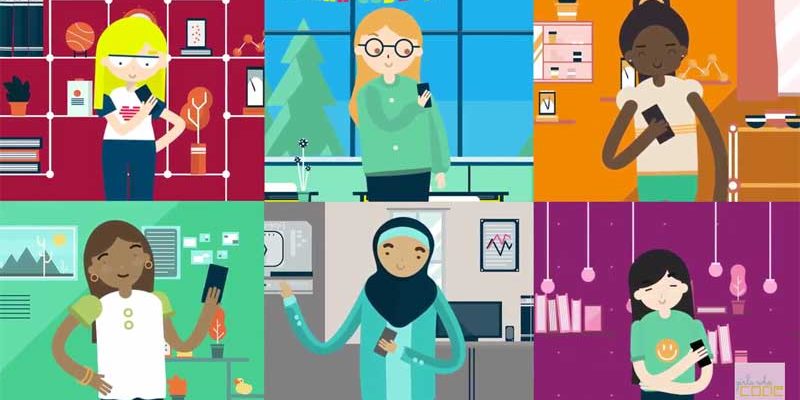These are tough times for women in technology. Female workers are flooding out of tech company jobs, a phenomenon blamed in part on the industry’s patterns of sexism.
A recent Center for Talent Innovation study found that women in science, engineering, and technology are 45% more likely than male peers to leave their industries. Many cite a feeling of being stalled in their careers and excluded from their workplace’s culture; a whopping half say their coworkers believe men have a genetic advantage in math and science. And 44% agreed with the statement, “A female at my company would never get a top position no matter how able or high-performing.”
Despite the odds against women in technology, both research and anecdotal evidence suggest there are approaches female techies can use to rise up. Here are five of them:
1. Be Assertive, Not Aggressive
The researchers found that when a “masculine” woman also exhibits social grace and self-awareness, she gets more promotions than other women and men. So while both men and women should of course keep it classy when they stand up for themselves, women have even more to gain by doing so.
2. Dream BiG
A common mistake that female entrepreneurs make, says Women Who CodeCEO Alaina Percival, is getting too hung up on the plausibility of their ideas.
3. Don’t Promise—Surprise
The solution, according to study authors Ayelet Gneezy of U.C. San Diego and Nicholas Epley of University of Chicago: When you really want to impress, hold back on making any promises and just surprise people with your finished product.
4. Brag Better
It is often said that women in technology need to be better at “selling themselves” to compete with male peers, who typically find it easier to trumpet accomplishments. Women are culturally expected to still come off as especially humble.That makes it hard to overcome the embarrassment associated with bragging.” We stay quiet and hope that if we work hard and have lots of output, we will get promoted.
The problem is that staying silent about your accomplishments often means you’ll get passed over, as others are rewarded with more responsibility and higher salaries. One way to overcome your discomfort with bragging is to do it in writing. You could send your boss an email, for example, documenting your team’s successes for the year, making it clear that you played a leading role.
5. Find Sponsors, Allies, and Resources
Many accomplished women in tech cite mentors and “women-helping-women” channels as key factors in their success. But getting ahead takes more than a little networking or advice. Having good relationships with your colleagues in general and garnering support from higher-ups makes a huge difference.




